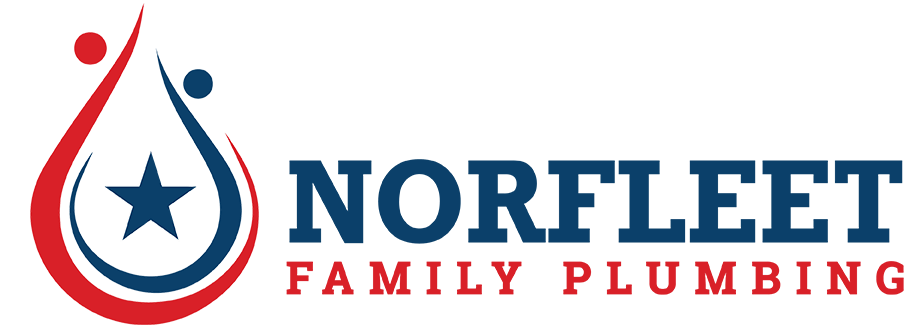What to Expect During a Routine Plumbing Inspection
Preventive maintenance is essential to a well-functioning plumbing system.
A routine plumbing inspection might not be at the top of a homeowner's maintenance list, but it should be. Regular inspections can help identify minor plumbing issues before they become significant problems, saving homeowners from expensive repairs. But what does a routine plumbing inspection entail? Here's what a homeowner can expect.
Pipes and Drains Inspection
The inspection typically starts with a thorough professional examination of a home's pipes and drains. The plumber checks for leaks, corrosion, and signs of damage. They will also investigate slow drains, which might indicate a clog or blockage. Depending on the plumber, they might use a drain camera to get a better look inside the pipes.
Faucet and Fixture Inspection
a plumber will inspect all plumbing fixtures, including faucets, showers, and toilets. They'll check for leaks, irregular flow, and adequate water pressure. Older fixtures might need replacement, especially if they're causing water wastage.
Water Heater Examination
The plumber will inspect the water heater for signs of rust, leaks, and irregular temperatures. He or she will also check the pressure relief valve to ensure it's functioning correctly. Such an inspection can extend a water heater's lifespan and improve efficiency.
Sewer Line Inspection
Sewer line problems can cause substantial property damage. During a routine inspection, the plumber might check the cleanout for signs of blockages or damage. They may also review the area around the sewer line for signs of sewage leaks, such as unusually green patches of grass.
Inspection of Outdoor Plumbing
Outdoor faucets, irrigation systems, and other outdoor plumbing will also be checked for leaks and proper operation. Ensuring the health of outdoor plumbing systems is vital to preventing extensive water waste and preserving a home's landscape.
Detailed Plumbing Report and Maintenance Recommendations
After the inspection, the plumber will usually provide a detailed report outlining the status of a plumbing system and any potential issues they discovered. They'll likely suggest proactive maintenance measures and repairs, which can help a homeowner avoid plumbing emergencies in the future.
Conclusion
Preventive maintenance is essential to a well-functioning plumbing system. A routine plumbing inspection helps detect potential issues early, allowing a homeowner to address them before they escalate. These inspections involve a thorough evaluation of pipes, drains, faucets, water heaters, sewer lines, and outdoor plumbing. The end result is peace of mind, knowing the plumbing system is in good shape and safeguarded against unforeseen emergencies.
If you need a licensed, bonded, experienced professional for plumbing, sewer camera inspection, or water heater installation, and water heater repair in Chandler, Gilbert, Mesa, Queen Creek, Ahwatukee or San Tan Valley call Norfleet Family Plumbing Heating and Air at 480-681-1764.

